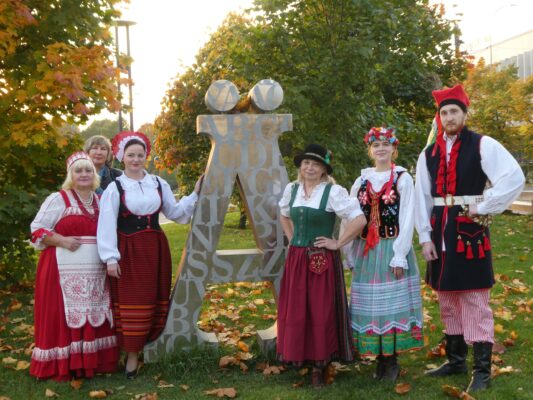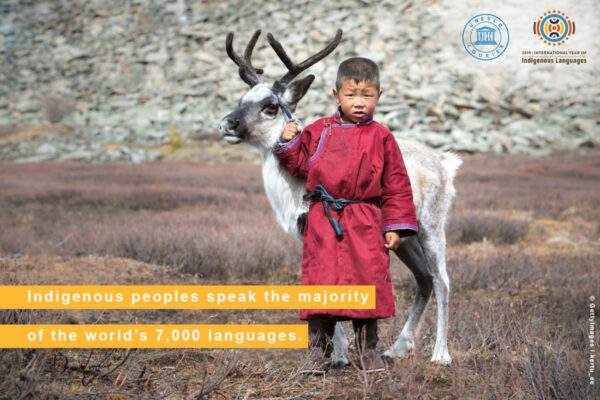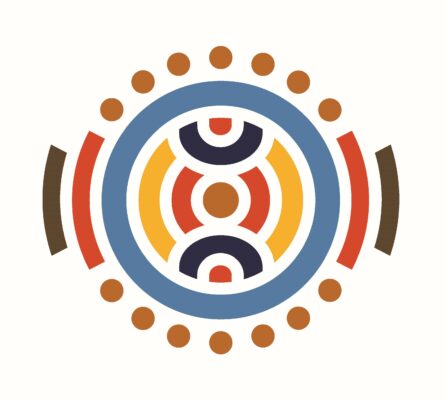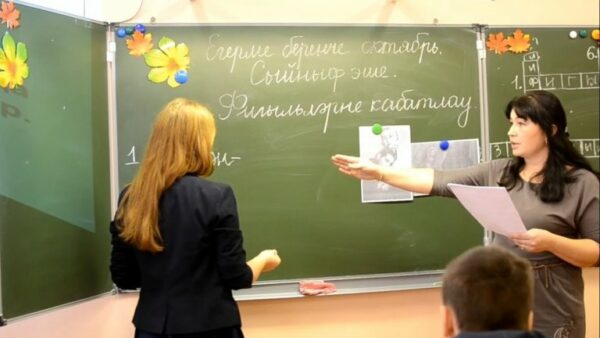The United Nations permanent forum of indigenous issues
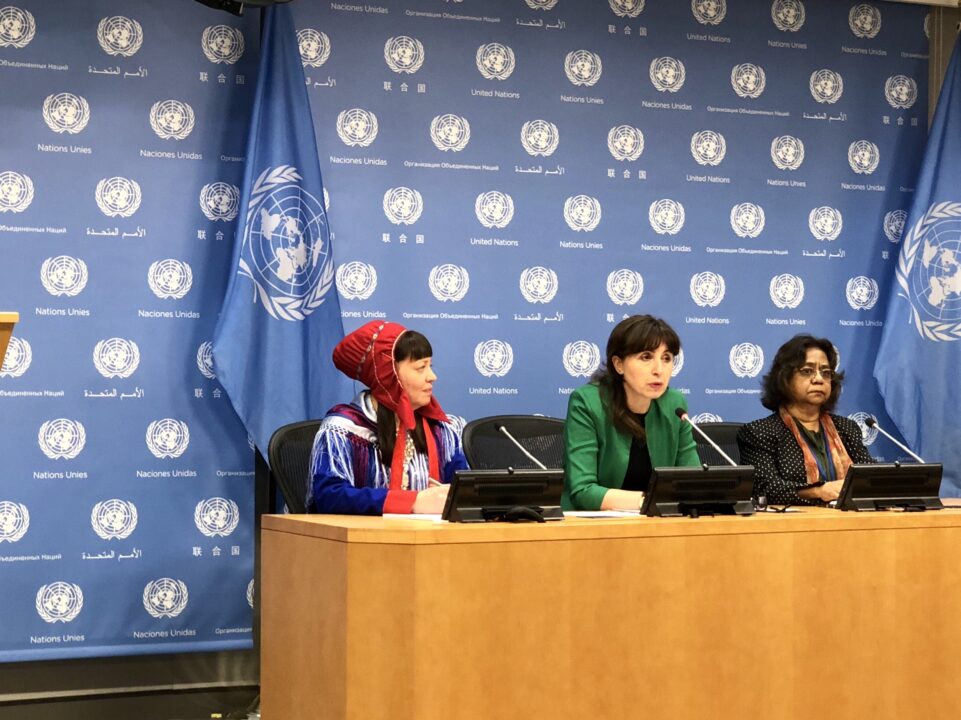
Indigenous peoples’ traditional knowledge at the centre of UN annual forum
More than 1,000 Indigenous Peoples participants from all over the world will be at United Nations Headquarters from 22 April to 3 May to participate in the eighteenth session of the United Nations Permanent Forum on Indigenous Issues.
This year’s session is focused on the generation, transmission and protection of indigenous peoples’ traditional knowledge.
“Knowledge is the key to a thriving community; it is the reason why societies have existed since time immemorial. We need to respect and preserve knowledge holders that will secure our societies’ survival onwards – there is no substitute for centuries of wisdom; therefore, the knowledge of our traditional ways can be crucial to prevent and resolve conflicts that are taking many human lives as we speak” said the Chairperson of the UN Permanent Forum on Indigenous Issues.
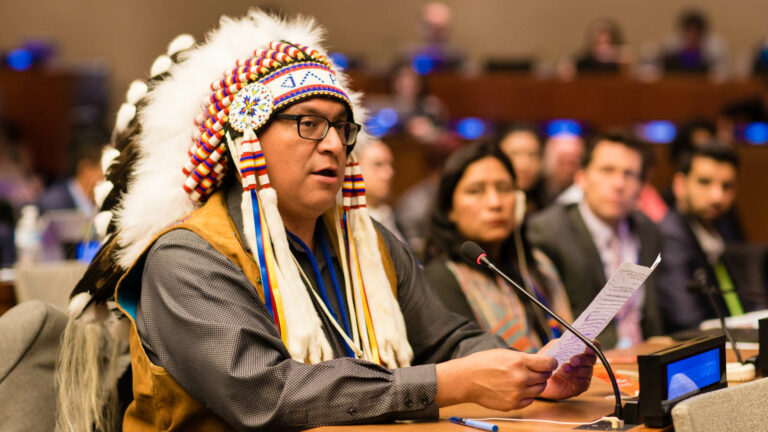
Besides the main theme, the Permanent Forum will also discuss the International Year of Indigenous Languages (2019), the 2030 Agenda for Sustainable Development, Conservation and the Rights of Indigenous Peoples and the rights of indigenous women and children. Human rights and the issues faced by indigenous human rights defenders are expected to feature prominently in the dialogues with the Special Rapporteur on the Rights of Indigenous Peoples and the Chair of the Expert Mechanism on the Rights of Indigenous Peoples on 24 April. The session will open on Monday, 22 April, at 11 a.m. in the General Assembly Hall, with a cultural performance by Sjisäwishék “Keeping the fire strong,” indigenous girls of the Onondaga Nation, Haudenoaunee Confederacy and a ceremonial welcome by the Chief of the Onondaga Nation, Tadodaho Sid Hill. Remarks are expected by the President of the General Assembly, Her Excellency Ms. María Fernanda Espinosa Garcés; the Vice-President of the Economic and Social Council, His Excellency Mr. Omar Hilale (Morocco); the Chair of the Permanent Forum on Indigenous Issues; and a message of the UnderSecretary-General for Economic and Social Affairs, Mr. Liu Zhenmin delivered by Mr. Stefan Schweinfest, Statistics Division, Director and Officer-in-Charge for the Department of Economic and Social Affairs.
Side events
Well over 100 side events are scheduled to take place during the two-week session, organized by indigenous peoples’ organizations, UN Member States, UN entities, intergovernmental organizations, IPOs/NGOs and other stakeholders. The full list of side events will be published here.
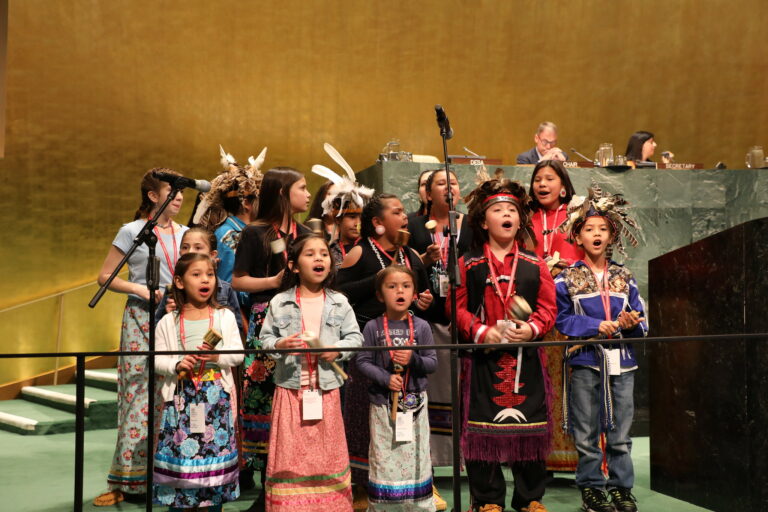
Background
Indigenous peoples make up less than 6 per cent of the world’s population, but account for 15 per cent of the poorest. They live across some 90 countries, represent 5,000 different cultures and speak an overwhelming majority of the world’s estimated 6,700 languages. The Permanent Forum on Indigenous Issues was established by the UN Economic and Social Council (ECOSOC) in 2000. The Forum provides expert advice and recommendations on indigenous issues to the UN System through ECOSOC; raises awareness and promotes the integration and coordination of relevant activities within the UN System; and disseminates information on indigenous issues. The Permanent Forum is comprised of 16 independent experts, functioning in their personal capacity. ECOSOC appoints the members, eight of whom are elected by Member States and eight nominated by indigenous peoples’ organizations from the different regions of the world. The Forum has gained increasing recognition and impact as the global platform for dialogue, cooperation and concrete action on indigenous peoples, with the UN Declaration on the Rights of Indigenous Peoples as the fundamental framework.
Source: United Nations, press release 18.04.2019

